We work hard on making the industry more sustainable. And we love to tell stories about it.
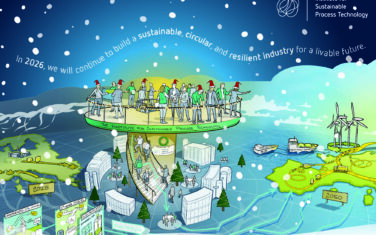
Reflecting on 2025: Building Momentum for a Livable Future
Discover here the highlights from 2025.
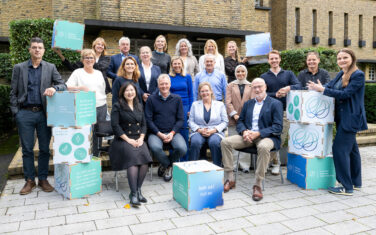
‘We bouwen nieuwe waardeketens omdat de industrie dat nu nodig heeft’
ISPT bestaat komend jaar 20 jaar. Een periode waarin de procesindustrie ingrijpend veranderde en ISPT uitgroeide tot hét platform voor pre-competitieve samenwerking.
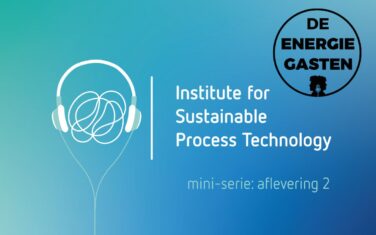
De Energie Gasten podcast: aflevering 2
In deze aflevering gaat Peter Melis in gesprek met Jurgen Hoekstra over de kosten curve, dinosauriërs en verduurzaming van BASF.
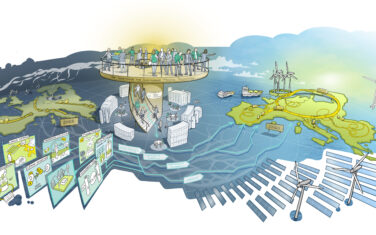
The road towards a circular, climate-neutral and resilient 2050
What does the future demand from us – and from industry? Our new visual shows how ISPT navigates the path towards a circular and CO₂-neutral economy by 2050.
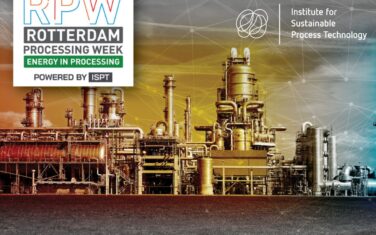
Ontdek hoe processing de transitie versnelt – meld je aan voor de Rotterdam Processing Week op 1 & 2 oktober
Tijdens de Rotterdam Processing Week in Ahoy Rotterdam presenteert ISPT de laatste ontwikkelingen en uitdagingen in de energie, materialen en agro-food transities.
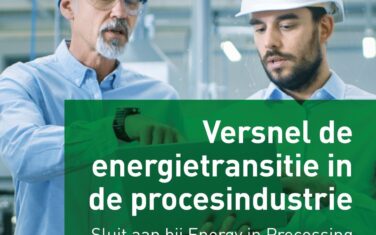
ISPT brengt systeeminnovatie naar Rotterdam Processing Week 2025
ISPT presenteert tijdens de Rotterdam Processing Week de laatste inzichten en innovaties rondom energie, materialen en voedselverwerking.
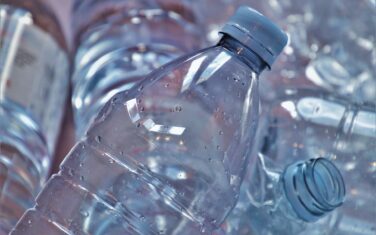
Nieuwe maatregelen voor plasticsrecycling na schrappen Plastic Taks en NCPN
De Circulaire Plastic Tafel heeft nu een set van maatregelen voorgesteld die moeten leiden tot een toename van plasticsrecycling in Nederland. Lees er meer over in dit artikel.
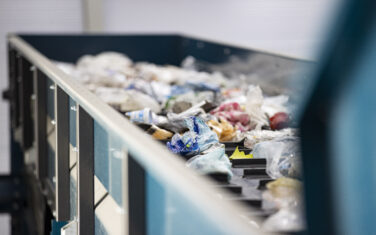
‘Voor effectieve plasticrecycling is meer nodig dan innovatieve technologie’
Nederland moet en wil meer plastic recyclen, maar het ene na het andere recyclebedrijf gaat failliet. De hoop is nu gevestigd op de zogenoemde Circulaire Plastic Tafel.
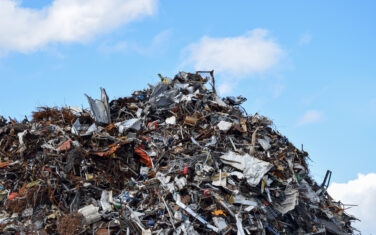
Don’t let waste go to waste
The current system for proving that waste has been recycled into a safe product is difficult to navigate and the requirements for the End-of-Waste status are not clear. How can...
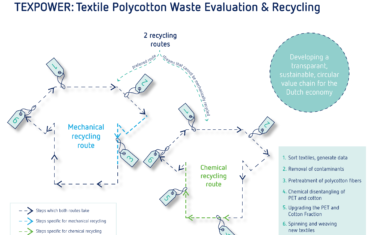
Materialentransitie vraagt om nieuwe waardeketens
Het project TEXPOWER omvat een uniek consortium van bedrijven dat de hele waardeketen van polykatoen vertegenwoordigt. Samen zetten ze zich in voor een circulaire waardeketen.
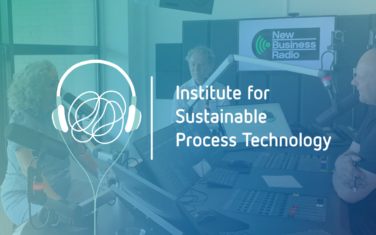
Hoe kunnen we complexe verduurzamingsprocessen vereenvoudigen (podcast)
Hoe kunnen we complexe verduurzamingsprocessen vereenvoudigen? Dat besprak Ron Lemmens met Tjeerd Jongsma, Klaartje Rietkerken en Andreas ten Cate die te gast waren bij Let's Talk Business, een programma van...
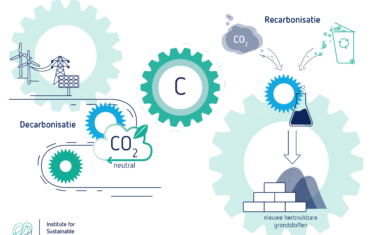
De route naar circulariteit met koolstof als hoofdrolspeler
Kees Biesheuvel en Irene ten Dam leggen uit waarom koolstof de verbindende schakel kan zijn tussen de energie- en materialentransitie.
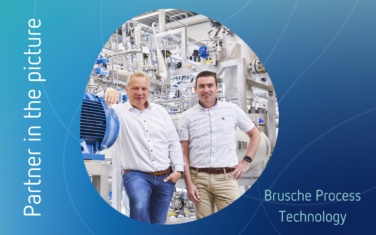
Brusche Process Technology: “CO2 is not merely a waste material”
At Brusche Process Technology, they focus on techniques to capture and process CO2, converting it into an alternative carbon feedstock. As a father and engineer, Andy Roeloffzen is driven to...
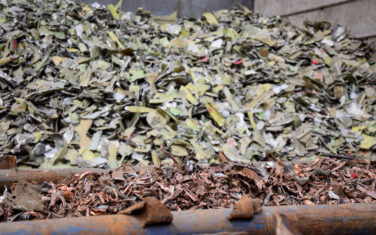
Afval afbreken en opbouwen als lego
Binnen ReBBloCS wordt gezocht naar manieren om reststromen die nu nog afval zijn om te zetten in grondstoffen voor de chemische industrie, in biobrandstoffen en in biobased plastics.

Energie- en grondstoffentransitie gaan hand in hand
Wél duurzaam leven maar níet inboeten aan comfort. De Nederlandse procesindustrie kan hierin een hoofdrol vervullen door zich te richten op circulariteit, waarbij energie- en grondstoffentransitie hand in hand gaan.

Circular plastics: past progress and future horizons
Overview of projects and achievements for international leadership in the production of sustainable plastics by the Circular Plastics Initiative (CPI).
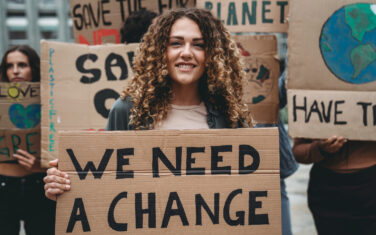
Material change across industry, government, and society – a threefold story
Material change necessitates a socio-economic transformation with new roles for industry, government and society within this transformative process. Laura de Vries and Derk Loorbach explain how.
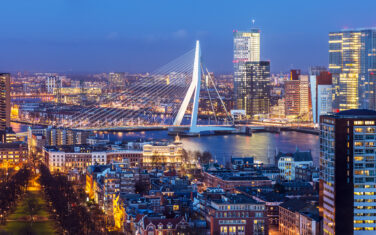
From theory to action: Implementing circularity in the Dutch process industry – a threefold story
How can we achieve circularity in the Dutch process industry? What initiatives are already underway and what is the urgency of taking action?
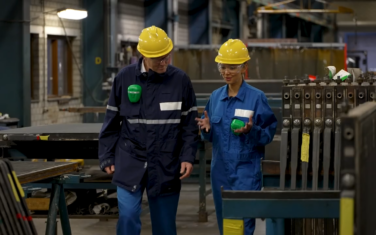
ISPT op TV bij Doe Maar Duurzaam
Tjeerd Jongsma van ISPT is te gast bij TV-programma Doe Maar Duurzaam over de technologiën die nodig zijn voor een circulaire economie.
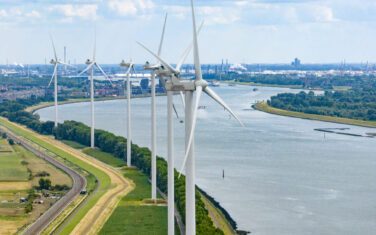
Material transition: the Dutch opportunity to fast-track a circular Europe – a threefold story
A circular economy maximizes resources and reduces CO2 emissions. How do we achieve a circular process industry and what opportunities does it offer?
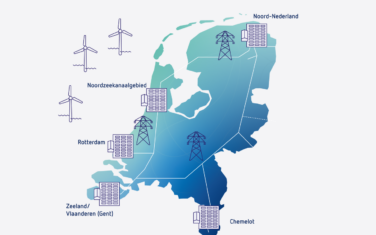
De Nederlandse sprong naar leiderschap in de waterstofeconomie: vier sleutelfactoren voor succes
Hans van 't Noordende en Carol Xiao delen hun visie over hoe de Nederlandse waterstofambitie van zowel de overheid als het bedrijfsleven succesvol kan worden gerealiseerd.
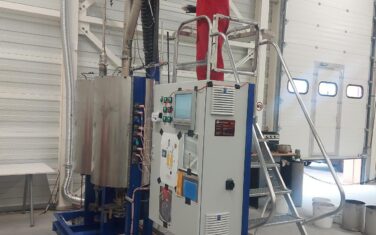
High temperature cracking for revalorisation of complex waste streams
By using innovative conversion technologies we can convert complex waste streams into valuable chemical products.
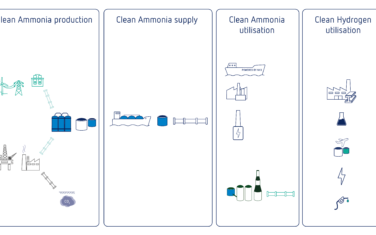
Ammonia as a new key actor in energy- and material transition – Part 1 of a threefold story
As the Paris Agreement aims to achieve net zero emissions in the second half of this century, the Dutch government has set a goal to phase out fossil fuels within...
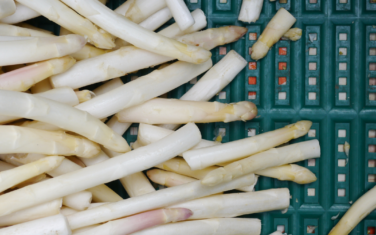
Transforming vegetable waste into premium, natural food ingredients with Waste2Taste
While one-third of all food production goes to waste, food security remains a significant challenge. How can we increase food production without damaging the environment?